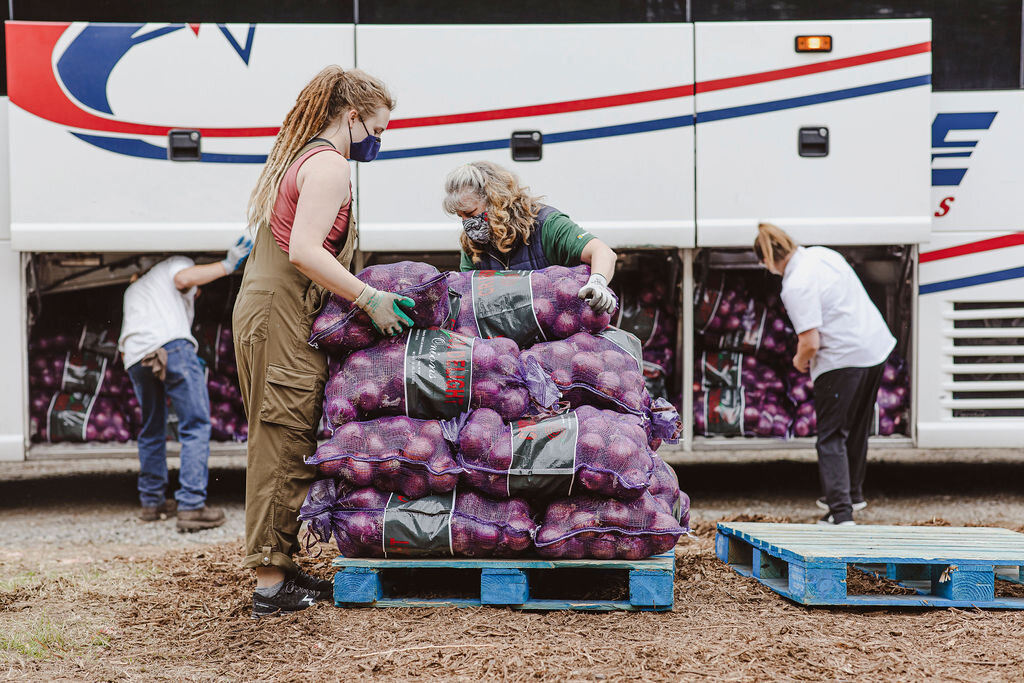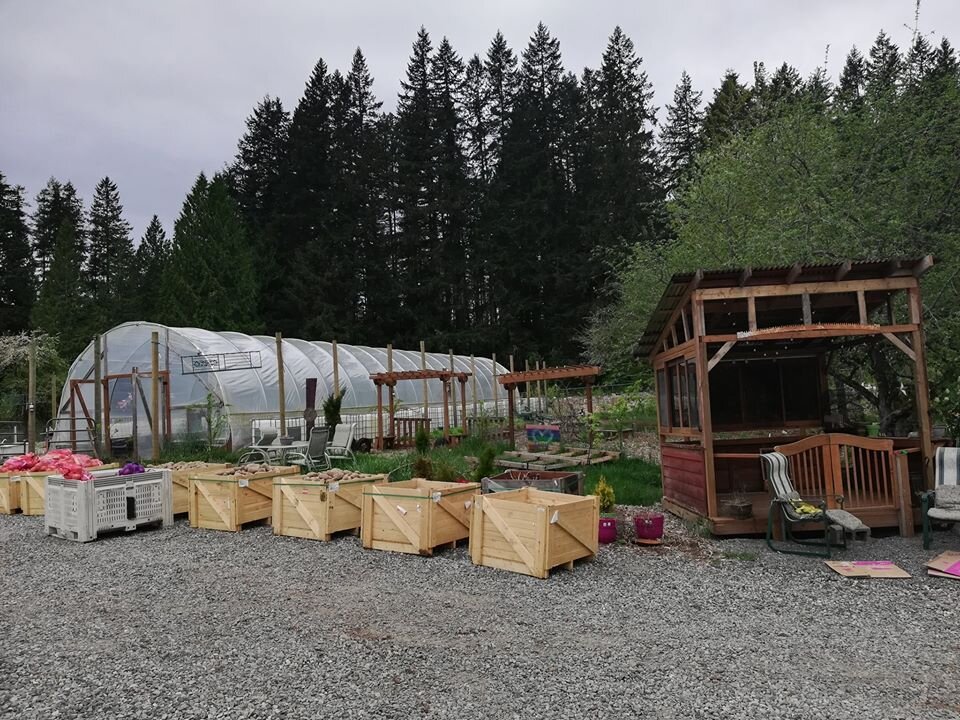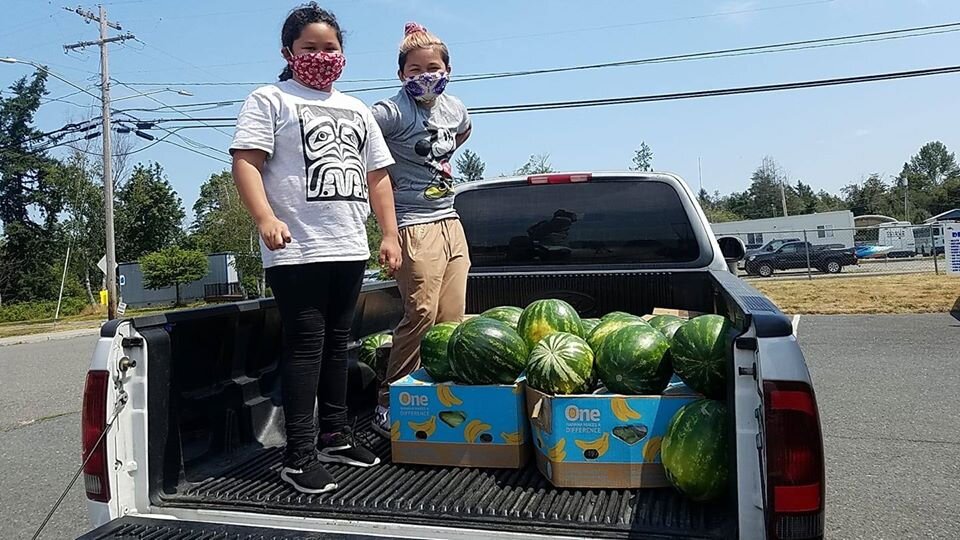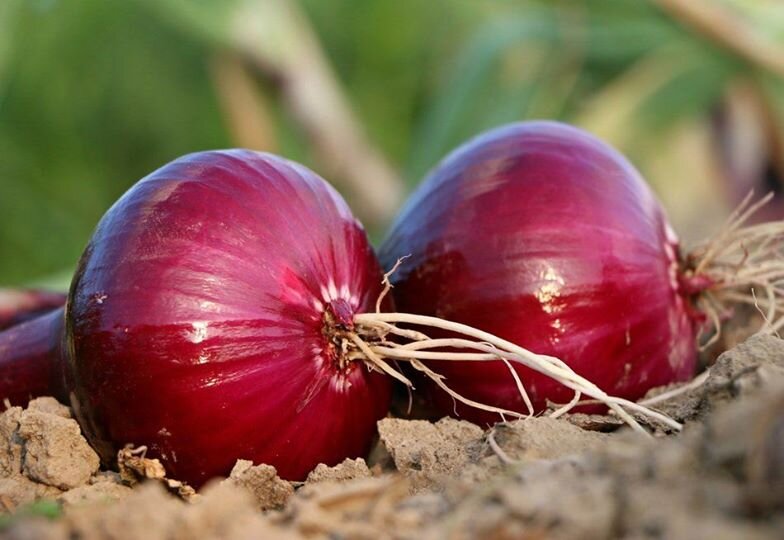Guest Post: Zsofia Pasztor on Our Current Food System's Collapse and How to Help
/Editor’s Note: On Thursday, August 13, we held our annual partnership event virtually and we were honored to have Zsofia Pasztor from Farmer Frog join us to discuss her work in the center of this national crisis of food insecurity, and the changed world due to COVID-19. She called us from the farm and, like all of us, had challenges with coverage and clarity in this time of heavy internet and cellular use. Here’s her follow up message to those concerned with what they can do to help. - Kari Quaas, SCD
I am so sorry my reception at the farm is really poor. Lately I must be spending most of the days out at the site because we are providing food to so many people, the crew needs my support.
We are servicing over 210 thousand households. So far we distributed almost 4 million pounds of food.
I have witnessed our food system's collapse. It isn't something that is coming. It is here. We must take time to understand the lessons learned from the COVID crisis and make the necessary changes as fast as we can so we do not have to experience such a sad impact when the next crisis hits us. With climate change and the pandemic still unresolved, we can be sure that we will see the system stressed over and over again during the coming years.
I want to underline HOW MUCH OF THESE IMPORTANT ISSUES ARE ADDRESSED BY THE TEAM AT SCD. SCD is a key facilitator, idea generator and community supporter in our region. THANK YOU!
We are witnessing that our policies are neither food farming or people centered. We must revisit every single regulation and policy and ensure that this changes. We cannot help farmers if we are not allowing them to grow crops important to feeding people directly, without much processing needed and with nutritionally strong foods. Commodities will not help us in a crisis. Fruits and vegetables do. Specialty crops do.
People centered food programs and policies will eliminate red tape that only benefits commodity and supersized ag corporations. Our people, the farmers and residents of our region need help immediately during critical times, not global industry giants. We must re-examine how we move food between farms and kitchens and what we do when conditions and other support systems shift. What happens if the supply chain experiences a hit like COVID? Do we have emergency measures and pathways in places for the food to reach the need smoothly and continuously?
We also have to do much more to prevent tragic impacts to our community during a major crisis. We need to reintroduce people to their food. How it is grown, delivered to them and used if the nutrients matter in the finished product. Everyone should know what food is, where it comes from and how they can participate in their own food production. Everyone can grow something. Even in a small pot. By growing something they are participating and if everyone grew just a little food, our communities could go on for at least a few days if the supply chain was interrupted for some reason. When people grow food, they learn to appreciate farmers. Growing just one tomato a year makes one appreciate the hard work and high risk farmers face as they put food on everyone's tables day after day. Growing food makes people better customers.
We have ample amount of space in our urban areas, it is simply wasted. It is paved instead of used as land. Planners should start requiring that all parking is within the building footprint. Roof or basement but not a parking lot taking up acres of land. We should be farming these places as well all lawns around public and corporate buildings, open spaces. Lawn is only good for ball and game fields. There is no reason we cannot have native and non-native edible landscapes in every open and public area not used for sports or picnic. We must grow much more of our food locally. These spaces should be managed through public and community programs, urban farming business models and urban farmer-rural farmer partnerships. People are more than willing to participate when they are encouraged to see their surroundings as their own.
Wages should also be examined as a ripe for change field. From field workers through farmers to consumers, we must find solutions to pay people a livable wage so they can purchase the food they need each day. Food security will not be achieved until people can afford to eat.
Kari, thank you for having me! I am hopeful that the current crisis will help us become a much more loving and caring community than we have ever been. Stay healthy,
Zsofia’s TED Talk and Origin Story for the EastWest Food Rescue -
Zsofia Pasztor CPH, EPC
https://farmerfrog.org/fresh-produce-delivery-to-folks-who-cannot-leave-their-place/
https://www.heraldnet.com/news/how-a-facebook-post-led-to-3-million-pounds-of-donated-food/#gallery
And: https://eastwestfoodrescue.org/
425-210-5541
"We are the ones we've been waiting for" The Elders, Hopi Nation, Oraibi Arizona





